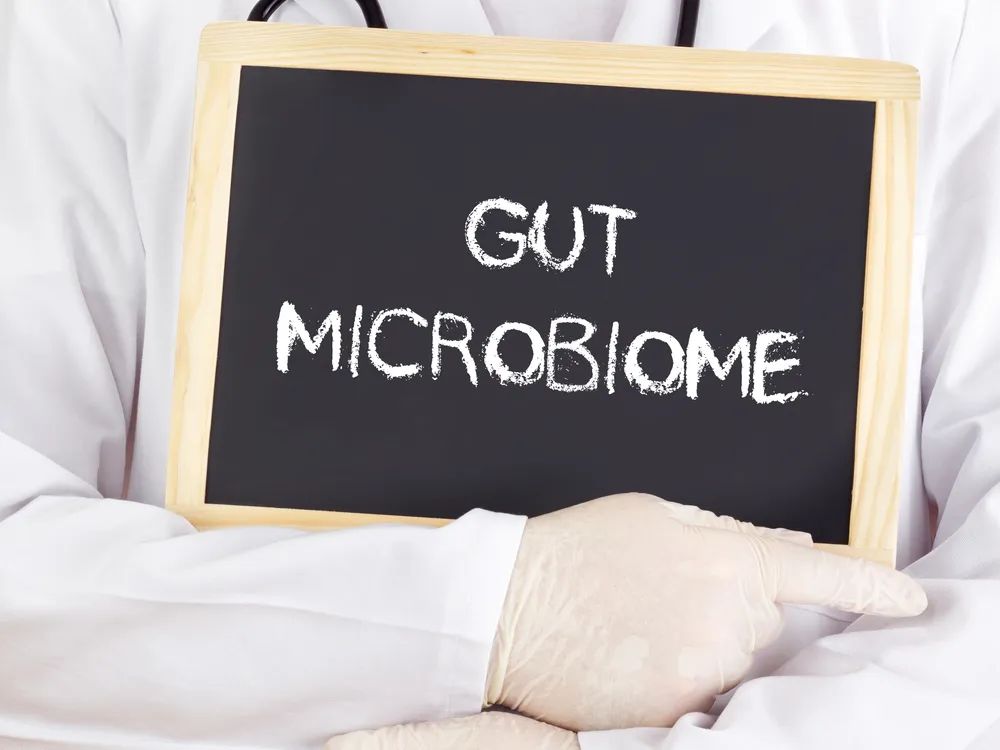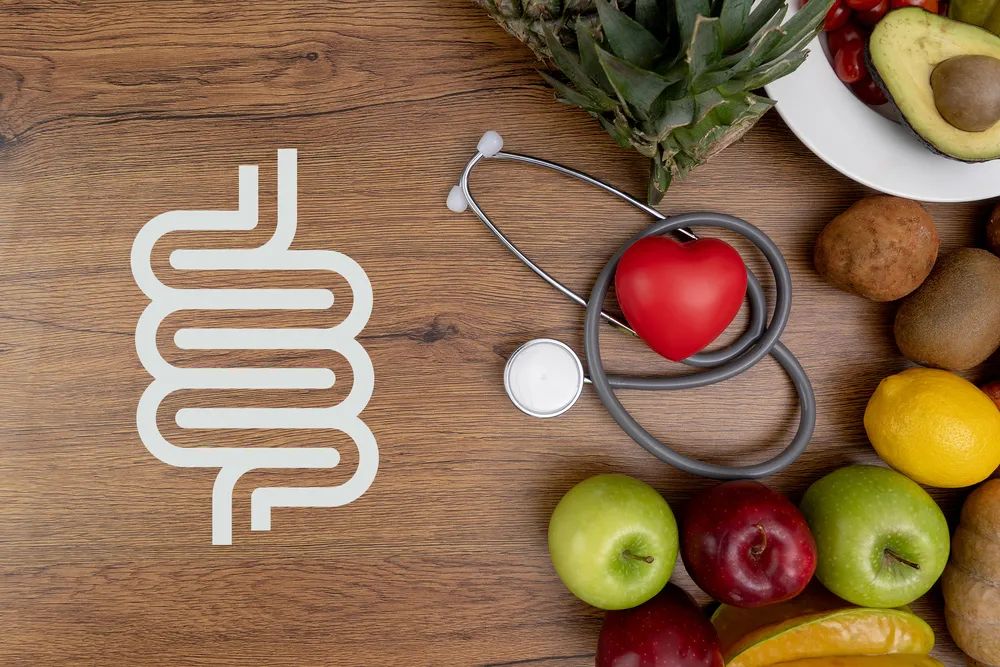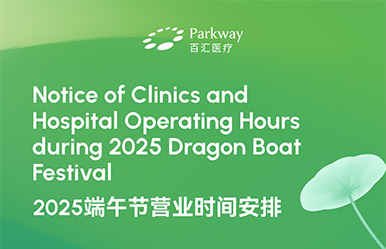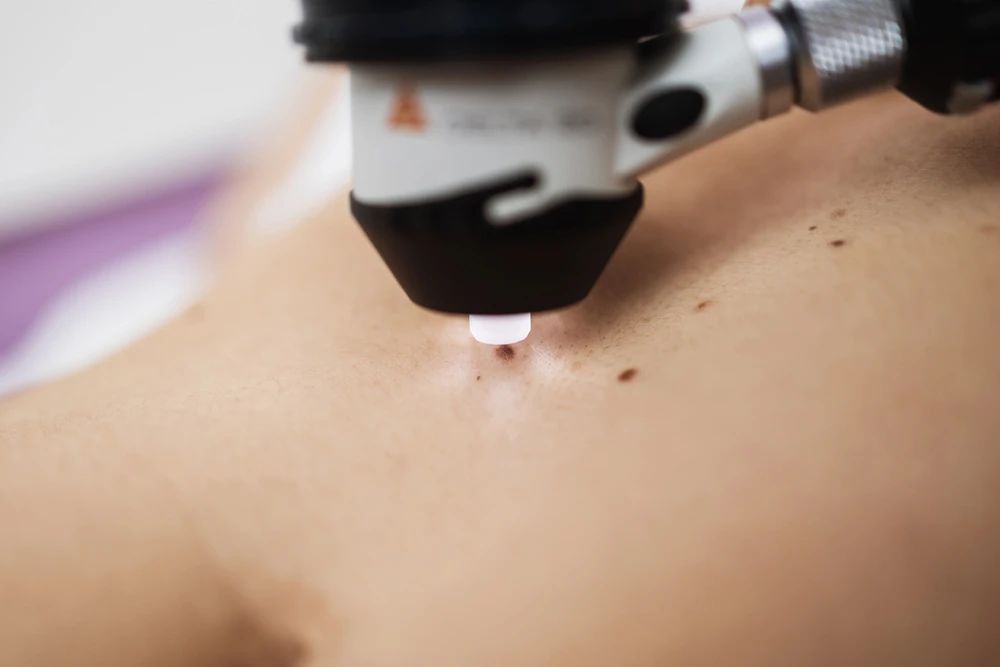What to Know About Your Gut Health
2023-03-10
PARKWAY 百汇医疗 We all know that overindulging – in sugar-laden treats and alcoholic beverages – is unhealthy. Imagine the temptation of a platter of log cakes, honey-glazed ham, gingerbread cookies, eggnog, wine and hot chocolate. Few of us can resist a buffet table filled with our favorite goodies. At a single glance, the relationship between overindulging on rich foods and alcohol on our health appears straightforward. Sugar has been labelled the culprit behind obesity and coronary heart disease, while alcohol damages our liver. The overconsumption of alcohol can lead to addiction and cognitive problems. These effects, coupled with a lack of exercise… well, you get the picture. Now what if this isn’t the entire picture? It turns out that there is an additional factor, which has been overlooked for decades – our gut microbiome. Overloading our bodies with sugar and alcohol has far-reaching consequences that were unrecognized in the past. Today, this new-found knowledge allows us to solve some of the most common health ailments. 1 Understanding the gut microbiome The gut microbiome refers to the ecosystem of microorganisms comprising of bacteria, yeasts and fungi living in our digestive tract. We harbour trillions of them inside our bodies. Putting them together, they can weigh up to 2kg – even heavier than our brains! Two-thirds of our gut microbiome composition is unique. It is heavily influenced by the food that we eat. Studies have also suggested that it might be partially influenced by our genes as well. In recent years, scientists have discovered how the bacteria in our gut microbiome may have an impact on our well-being. Our gut bacteria is involved in metabolism, immunity, growth, and the fermentation of undigested carbohydrates. An imbalance of the bacteria has been linked to: Allergies Infants with a lower diversity of gut bacteria at 3 months of age were found to be more sensitive to foods like eggs, milk and peanuts by the time they reach their first birthday. Cancer Specific bacteria strains in the gut have been linked to cancers such as stomach cancer and colon cancer. In addition, a low gut microbiome diversity is linked to a poorer response to cancer treatments, like chemotherapy. Heart Health High levels of a chemical called trimethylamine N‐oxide (TMAO) that is produced by our gut microbiome, has been linked to death and serious cardiovascular problems like heart attacks and strokes. 2 Effects of too much sugar and alcohol Consuming too much sweets and booze can upset the balance of microbes in our gut, a condition known as gut dysbiosis. More significantly, sugar has been found to suppress a beneficial bacteria (Bacteroides thetaiotaomicron) that is found in the digestive tract of healthy individuals. B. thetaiotaomicron plays a crucial role in fermenting fibre found in vegetables and fruits. Sweeteners aren’t exactly safe substitutes either, because sweeteners like saccharin, sucralose and stevia can affect the composition of our gut microbiome too. Saccharin in particular, has been shown to cause inflammation, because it disrupts the make-up of our gut microbiome. The overconsumption of alcohol is harmful to our bodies. Not only does it damage the liver, alcohol has been found to reduce our gut’s ability to produce naturally occurring antibiotics. The reduction in antibiotics allows harmful bacteria to flourish, further harming the liver. In this case, the damage caused by alcohol is two-fold. So how does your gut tell you that something is amiss? Symptoms may range from subtle to the obvious, and you might experience one or more of the following: Tummy bloating Excessive gas (flatus, burping) Diarrhoea Constipation Stomach ache Irritable bowel syndrome Nausea and vomiting Sleep disturbances and chronic fatigue Unexplained weight gain or weight loss 3 How can we protect our gut’s health? Changing our diets can have a positive impact on our gut bacteria. This can happen as quickly as 6 – 9 months after implementation. Diet-wise, here are 3 simple things that you can do (both during the festive season and daily in your life): 1. Eat a wide variety of foods The bacteria in your gut prefers a wide spectrum of foods and nutrients. Hence, to maintain gut microbial diversity, it is best to consume a range of food groups. This means that you can eat all your favourite foods at festivals, but do consume them in moderation. 2. Increase your intake of prebiotics The beneficial bacteria in your gut feeds on carbohydrates called prebiotics. Eating more prebiotics encourages them to multiply – which in turn results in better health. Prebiotics that can be easily incorporated into your diet include asparagus, beans, bananas, garlic, nuts and onions. 3. Probiotic supplements Probiotics are good bacteria that bring about health benefits. A well-known probiotic is yogurt. Other fermented foods like kimchi, kefir and sauerkraut are good choices too. If fermented foods are not to your liking, you may consider a probiotic supplement instead. Other simple, yet effective changes are sleeping more, managing stress, and making time for exercise. That’s because disrupted sleep and stress can affect your gut microbiome negatively, while exercise increases the diversity of your microorganisms. However, if your gut problems persist despite your best efforts, your next course of action might be to consult a gastroenterologist. He or she might be able to advise you on the next appropriate step – be it diet modification, lifestyle changes or investigations to check your digestive tract, such as an endoscopy or a breath test. If you haven’t already reached that point, be sure to take the right steps and prevent it from happening. As the wise saying goes, prevention is better than cure. Article reviewed by Dr. Akiko Natalie Tomonari, Chief of Gastroenterology at Parkway. Parkway China Parkway is part of IHH Healthcare, one of the largest healthcare providers in the world by market capitalization. It operates 82 hospitals with more than 15,000 beds in 10 countries. Parkway first arrived in China in 2004. In 2006, Parkway opened its first medical center in Shanghai, bringing world-renowned quality healthcare to China. Through the acquisition of World Link Group in 2007, Parkway becomes Shanghai's largest foreign-owned medical network. Parkway China is a leading international healthcare provider. With a team of nearly 100 internationally trained physicians, we now operate 8 medical facilities conveniently located in Shanghai and Hong Kong offering more than 40 specialties. We work closely with the best local hospitals with which we share our knowledge and expertise to ensure the best services possible to our patients. We have established direct billing services with over 50 insurance companies. We provide both outpatient and inpatient care for adults and children. Our services include: Family Medicine, Adult Medicine, Pediatrics, Gynecology, Dentistry, Cardiology, ENT, Gastroenterology, Ophthalmology, Dermatology, General Surgery, Orthopedics & Sports Medicine, Urology, Beauty & Skin Care, Psychiatry, Traditional Chinese Medicine & Acupuncture, Osteopathy, etc.






























